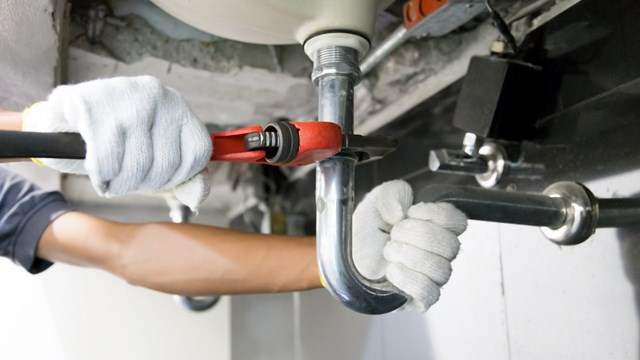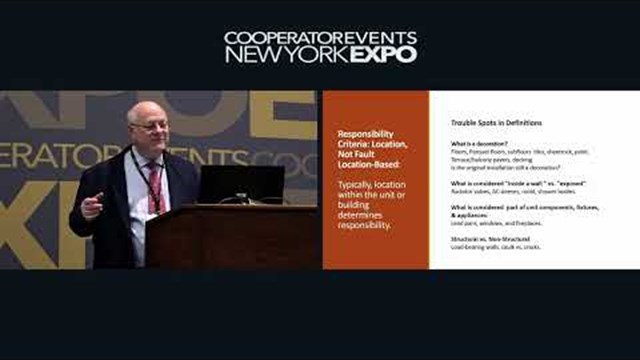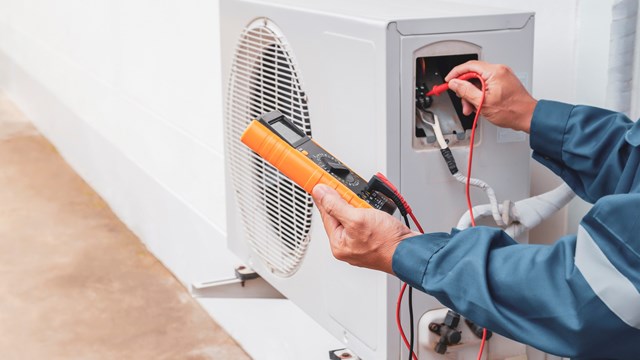
Q. For many years, I’ve had a long-standing leak in my bathroom through no fault of my own. The shareholders above me it seems are contributing to the water problem. The couple’s son, I believe, loves to run a bath for as long as two hours at a time, blasting the water at full force. Because of this, over time, severe damage has set into the pipes and I’ve had recurrent leaks in the bathroom ceiling ever since. An extensive plumbing job was done two years ago to replace broken and deteriorated pipes but I’ve just noticed another leak surfacing on the ceiling as well as cracks down the wall. I was told by the board and building administrators that there is nothing they can do to prevent my neighbor upstairs from taking two-hour baths, or 24-hour baths for that matter, and that their hands are tied. Apparently there is no law on record that can be enforced. I live in Long Island but I seem to keep getting the runaround from the building manager and the superintendent.
—Upset in Uniondale
A. “There is no law that specifically addresses how long one may run a bath in New York City or elsewhere,” says attorney Andrew B. Freedland, a partner with the New York-based law office of Rosen Livingston & Cholst LLP. “However, this shareholder may have other remedies available to him. Generally, any plumbing that is outside of a shareholder’s apartment is the responsibility of the cooperative corporation. The cooperative is also responsible for the repair of any walls down to the unfinished surface of the sheetrock wall (the shareholder is responsible for any painting and/or decorating). The writer should review his own proprietary lease as to its specific provisions. If a leak is caused by the negligence of one particular shareholder, the cooperative may hold him or her responsible for the cost of any repairs necessitated by the shareholder’s negligence.
“If any significant damage occurs within the writer’s apartment as a result of a leak from the apartment above, he should immediately report such damage to his insurance carrier who should reimburse the writer for any necessary repairs pursuant to the terms of his policy. The insurance carrier may seek subrogation from the neighbor’s insurance carrier.
“If the writer is being disturbed by the noise created by the running water, the writer should first begin by making a record of the nuisance—writing letters to the managing agent stating the disturbance which is being created by the neighbors. He should also have one or more third party witnesses verify the existence of the noise caused by the neighbor running his bath for excessive periods of time.
“If the disturbance is great enough, the writer may have a nuisance claim or a claim for breach of the warranty of habitability against the cooperative. Although, the damages which the writer may be awarded, even if the suit is successful, may not be great enough to make such a suit worth the time and/or expense. Courts in New York, generally, do not favor noise complaints because they recognize that disturbances will occur when a large number of people live in a compact space.
“Because shareholders in a cooperative have a landlord-tenant relationship with the cooperative corporation, such a suit would be brought against the cooperative. Although, before resorting to legal action, I would strongly recommend that the writer approach the neighbor and explain the situation and the disturbance being created and see if the dispute can be resolved directly or through mediation.”









2 Comments
Leave a Comment